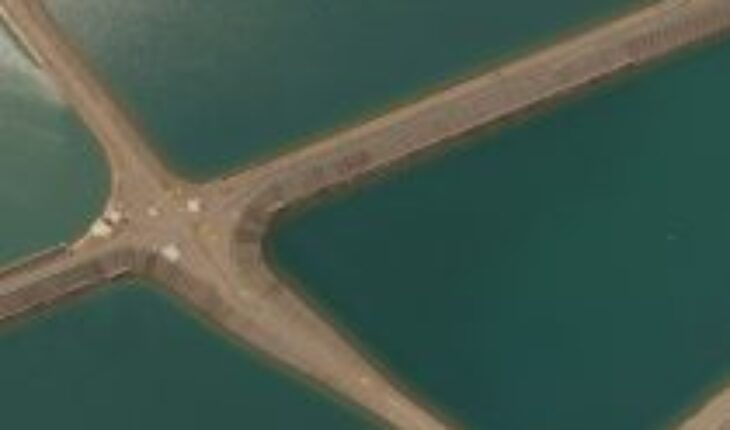In Chile, 80% of its exports depend on water (minerals, agriculture, fish, cellulose and a long etc.). In the country there are approximately 350 thousand holders of rights to make use of water, titles that date back to the nineteenth century.
On April 6, the amendment to the Water Code began to take effect, which after 11 years of parliamentary processing, was unanimously approved.
Now the Constitutional Convention has approved rules that propose to eliminate the recently in force modification: the waters will be “natural common goods” (which we do not know what they consist of, since it is a non-existent concept in the Chilean legal system), and those who want to make use of water for any purpose will be able to opt for “administrative authorizations”, which do not grant property and will be intractable.
These rules will not be good for the country (in my opinion, it is the worst rule proposed by the CC) and create immense uncertainty. The most obvious is with regard to the situation of current water rights holders. Let’s review some of the uncertainties: what will happen to the inscriptions in the water property registry of the Real Estate Conservators?, if the owner of an agricultural property of 5 hectares dies, his heirs will be able to continue using the water?; If a farmer wants to sell his land, will he also be able to transfer the waters that irrigate it? In what situation are all the claims that are guaranteed with rights over water?, can in the future be guaranteed credits with “administrative authorizations?”, Will these “administrative authorizations” have a guaranteed minimum duration?, If the current water use rights are extinguished, will their holders be entitled to compensation?.
We believe, on the other hand, that the impossibility of “commercializing” the rights to the waters between private parties will only bring problems, and very great. Let’s look at a common example: currently if an agricultural land near a city is urbanized, the land will be sold to whoever wants to develop the urban project and the waters will normally be sold to the sanitary company (so that it transforms it into drinking water and delivers it to the users). This is done without state intervention, in a notary’s office. According to the new rules, in this case the owner of the property could only sell his land, and we do not know what will happen to the waters.
Thus, the central question is how will the new demands in basins with all their waters used be supplied in the future?, will they have to go to the Water Agency?, will it have to decide who to take it from to give it to another?, how will the obvious conflicts with those affected and the accusations of discrimination be solved?, how will irregular transactions be avoided, that experience shows that they will appear?
And what has been said is compared with the current situation, in which thousands of rights to make use of water are transferred annually, in voluntary negotiations that satisfy the parties, without bureaucratic processing or intervention of an always overloaded authority.
In short, it seems that the conventional ones are not aware of their decisions.
Follow us on
The content expressed in this opinion column is the sole responsibility of its author, and does not necessarily reflect the editorial line or position of El Mostrador.





